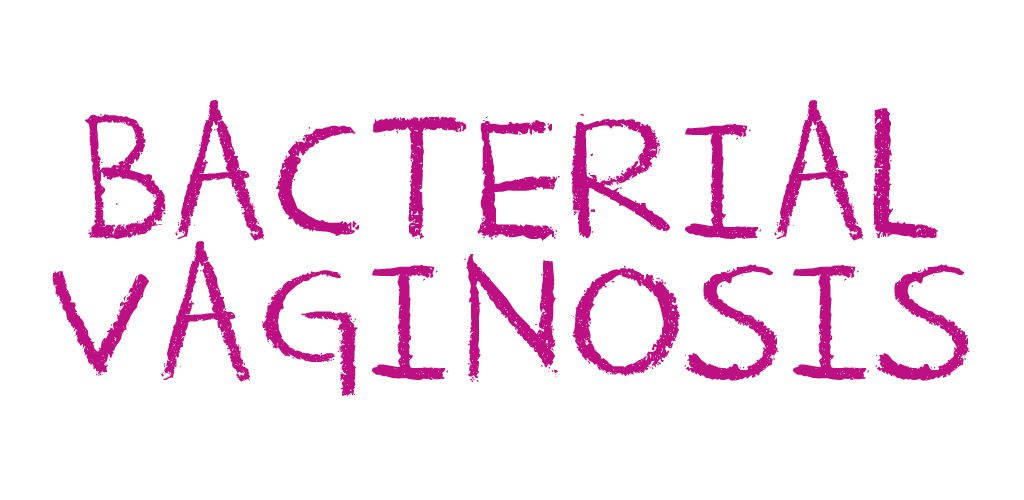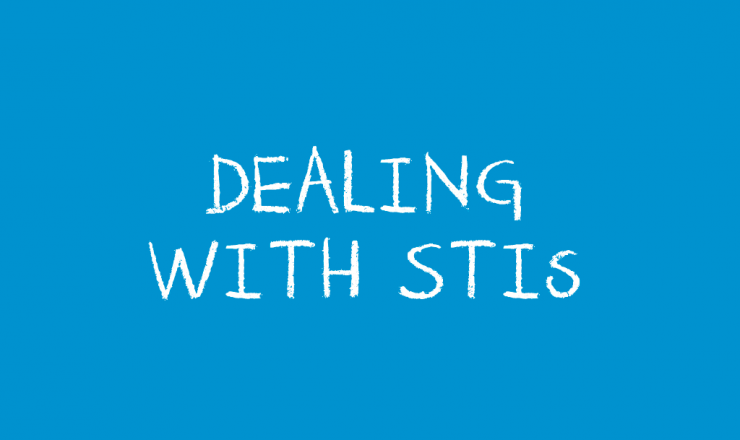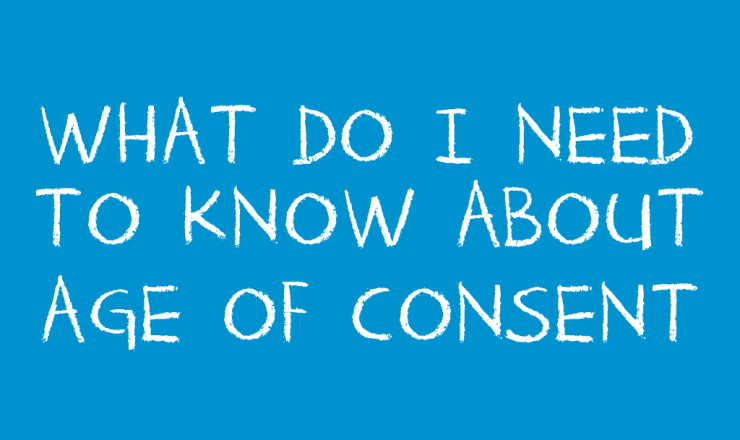Bacterial Vaginosis (BV)
What is bacterial vaginosis?
- Bacteria vaginosis (sometimes called BV) is a bacterial infection that occurs when there is an imbalance of the normal bacteria in the vagina*.
- Bacteria vaginosis can cause bothersome symptoms, but in most cases it is not harmful to your health and it’s not contagious.
How do you get bacterial vaginosis?
- Although BV is more common in people who have sex, it is not a sexually transmitted infection (STI). If you do not have a vagina, you cannot get BV.
- Factors that can increase your risk of getting BV include douching, taking antibiotics, hormonal changes, smoking cigarettes, menstruation (your period), foreign bodies such as tampons, diaphragms, sponges, menstrual cups, IUDs and sexual fluids (semen/cum, vaginal fluid) from a new partner.
How do you know if you have bacterial vaginosis?
- Discharge from your vagina that is thin, white or grey.
- Discharge from your vagina that has an odour that is unusual for you. It can sometimes have a fish-like smell, especially after vaginal sex.
- You may have itching or burning around or inside your vagina.
- You may experience burning when you urinate (pee) or when you have vaginal sex.
- Many people do not have any symptoms.
How can you get tested for bacterial vaginosis?
- A clinician may be able to tell by looking at the discharge from your vagina, however, they will most likely take a swab from your vagina.
- Because the symptoms of BV can be similar to other infections, it is important to get tested to ensure you get the correct treatment for the infection you have.
What if you test positive for bacterial vaginosis?
- You don’t have to get treated for BV. It will often go away on its own. However, if your symptoms are bothering you, you may want to get treated.
- Your clinician will provide treatment if you are pregnant, if you use an IUD for birth control or if you are having gynecological surgery such as abortion.
- Research has shown that having BV can increase your risk of getting HIV if you have unprotected vaginal sex with someone who has HIV.
- You can be treated with prescription antibiotics such as flagyl or clindamycin. The infection can be treated by taking a medication by mouth, or by inserting a medicated gel into the vagina.
- Avoid drinking alcohol for 24 hours before starting these medications and for another 48 hours after finishing it to avoid nausea and vomitting.
- If your sexual partner(s) has a vagina, talk with your clinician and partner about them getting tested.
- If you feel better, you do not need a follow-up.
How can you lower your risk of getting bacterial vaginosis?
- Some people keep getting BV while others may never get it. If you keep getting BV, try some of the following tips:
- If your sexual partner(s) has a penis*, try using condoms for vaginal sex.
- Do not use pads, tampons, or bath products that are perfumed or coloured.
- Wear unbleached, cotton underwear during the day. It’s better not to wear underwear when you sleep.
- Avoid tight fitting pants, tights or nylons.
- Do not douche or use feminine hygiene sprays, wipes or soaps. Your vagina cleans itself.
- Change out of your wet bathing suit or sweaty exercise clothes as soon as possible.
- Using probiotics (good bacteria) either orally or vaginally can help prevent BV. Probiotics can also be helpful when you are taking antibiotics. Talk to your clinician or visit a health food store for more information.
For a downloadable resource on this topic, please visit Planned Parenthood Toronto Factsheet Database.
If you have questions about this topic, feel free to contact one of our peer educators. [Link]
*We know that these aren’t the words everyone uses for their bodies (eg. trans folks), and support you using the language that feels best for you.
Last Edited: May 2020






